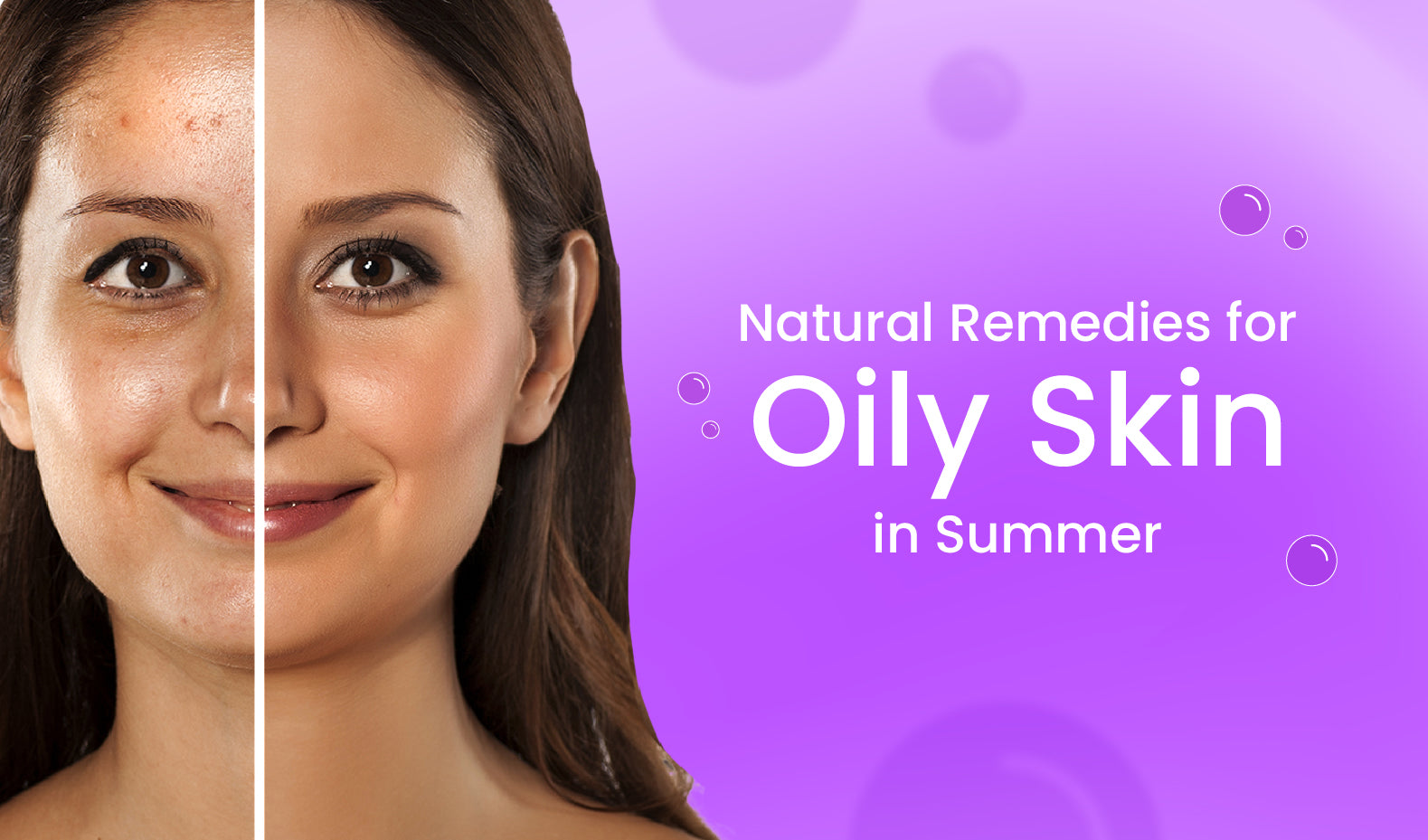How Vitamin C Can Transform Your Skin
Introduction:
In the realm of skincare, few ingredients have garnered as much attention and acclaim as vitamin C. Renowned for its remarkable ability to rejuvenate and revitalize the skin, this powerful antioxidant has become a staple in beauty routines worldwide. From combating signs of aging to brightening complexion, the benefits of vitamin C for skin health are manifold. In this comprehensive guide, we will delve into the science behind vitamin C, explore its transformative effects on the skin, and provide practical tips for incorporating it into your skincare regimen.
Understanding Vitamin C:
Vitamin C, also known as ascorbic acid, is a water-soluble vitamin that plays a crucial role in various physiological processes within the body. As an antioxidant, it helps neutralize free radicals, which are unstable molecules that can damage cells and contribute to premature aging. Additionally, vitamin C is essential for collagen synthesis, a process vital for maintaining skin elasticity and firmness.
Transformative Effects on the Skin:
Brightening: One of the most celebrated benefits of vitamin C is its ability to impart a radiant glow to the skin. By inhibiting melanin production and reducing the appearance of dark spots and hyperpigmentation, vitamin C can help achieve a more even and luminous complexion.
Collagen Boosting: Collagen is a protein that provides structural support to the skin, helping it appear plump and youthful. Vitamin C stimulates collagen synthesis, thereby promoting skin elasticity and reducing the appearance of fine lines and wrinkles.
Protection from Environmental Damage: Exposure to environmental stressors such as UV radiation and pollution can accelerate skin aging and lead to the formation of free radicals. Vitamin C acts as a potent antioxidant, scavenging free radicals and protecting the skin from oxidative damage.
Hydration and Moisture Retention: Vitamin C enhances the skin's natural moisture barrier, helping to lock in hydration and prevent moisture loss. This results in a smoother, more supple complexion that feels nourished and rejuvenated.
Incorporating Vitamin C into Your Skincare Routine:
Now that we've explored the transformative effects of vitamin C on the skin, let's discuss how to incorporate this powerhouse ingredient into your daily skincare regimen.
Choose the Right Product: When selecting a vitamin C skincare product, opt for formulations that contain stable and potent forms of vitamin C, such as ascorbic acid or sodium ascorbyl phosphate. Look for serums or creams with a concentration of around 10-20% for maximum efficacy.
Apply Daily: To reap the full benefits of vitamin C, incorporate it into your daily skincare routine. Apply a few drops of vitamin C serum to clean, dry skin every morning before moisturizer and sunscreen.
Pair with Sunscreen: Vitamin C enhances the effectiveness of sunscreen by providing additional protection against UV-induced damage. Layering vitamin C serum underneath your sunscreen helps fortify your skin's defense against harmful UV rays.
Be Patient and Consistent: Like any skincare ingredient, it may take time to see visible results from vitamin C. Consistent use is key to achieving optimal benefits, so incorporate it into your routine and be patient with the process.
Watch for Sensitivity: While vitamin C is generally well-tolerated by most skin types, some individuals may experience mild irritation or sensitivity, particularly if using high concentrations or unstable formulations. If irritation occurs, reduce frequency of use or switch to a lower concentration product.
Targeting Specific Skincare Concerns:
Acne and Blemishes: Vitamin C possesses anti-inflammatory properties that can help calm redness and inflammation associated with acne. Additionally, its ability to regulate sebum production and inhibit the growth of acne-causing bacteria makes it a valuable ally in the fight against breakouts.
Uneven Texture: Vitamin C promotes cell turnover and exfoliation, which can help improve skin texture and reduce the appearance of roughness and unevenness. By encouraging the shedding of dead skin cells, vitamin C reveals smoother, more refined skin beneath.
Under-Eye Circles: The delicate skin around the eyes is prone to dark circles and puffiness, but vitamin C can help alleviate these concerns. Its brightening effects can help reduce the appearance of dark circles, while its anti-inflammatory properties may help diminish under-eye puffiness.
Sun Damage: Exposure to UV radiation can cause oxidative stress and damage DNA within skin cells, leading to sunburn, premature aging, and an increased risk of skin cancer. Vitamin C's potent antioxidant properties help neutralize free radicals generated by UV exposure, thereby reducing the risk of sun damage and supporting the skin's natural repair processes.
Post-Inflammatory Hyperpigmentation: Whether from acne, injury, or other skin conditions, post-inflammatory hyperpigmentation (PIH) can leave behind stubborn dark spots and discoloration. Vitamin C's ability to inhibit melanin production can help fade hyperpigmentation and promote a more even skin tone over time.
Maximizing Vitamin C Benefits:
Combine with Other Antioxidants: Vitamin C works synergistically with other antioxidants, such as vitamin E and ferulic acid, to enhance its effectiveness and provide comprehensive protection against oxidative stress. Look for skincare products that contain a combination of antioxidants for maximum benefits.
Consider Time of Application: While vitamin C is typically applied in the morning to take advantage of its photoprotective properties, some individuals may benefit from using it in the evening as well. Experiment with different application times to determine what works best for your skin.
Store Properly: Vitamin C is susceptible to degradation when exposed to light, air, and heat, which can reduce its efficacy over time. To ensure optimal stability, store vitamin C skincare products in a cool, dark place and tightly seal containers after each use.
Pair with Hyaluronic Acid: Hyaluronic acid is a hydrating ingredient that helps attract and retain moisture in the skin, complementing the hydrating properties of vitamin C. Consider using a hyaluronic acid serum or moisturizer alongside your vitamin C product for added hydration and plumping effects.
Maintain a Healthy Lifestyle: In addition to topical application, maintaining a healthy lifestyle can further support the benefits of vitamin C for skin health. Stay hydrated, eat a balanced diet rich in fruits and vegetables, get adequate sleep, and minimize stress to promote overall skin wellness.
Conclusion:
In conclusion, vitamin C is a skincare superhero with the power to transform your skin and unveil a radiant, youthful complexion. From brightening and firming to protecting against environmental damage, the benefits of vitamin C are undeniable. By incorporating this potent antioxidant into your daily skincare routine, you can unlock the full potential of your skin and achieve a luminous glow that radiates beauty from within.



